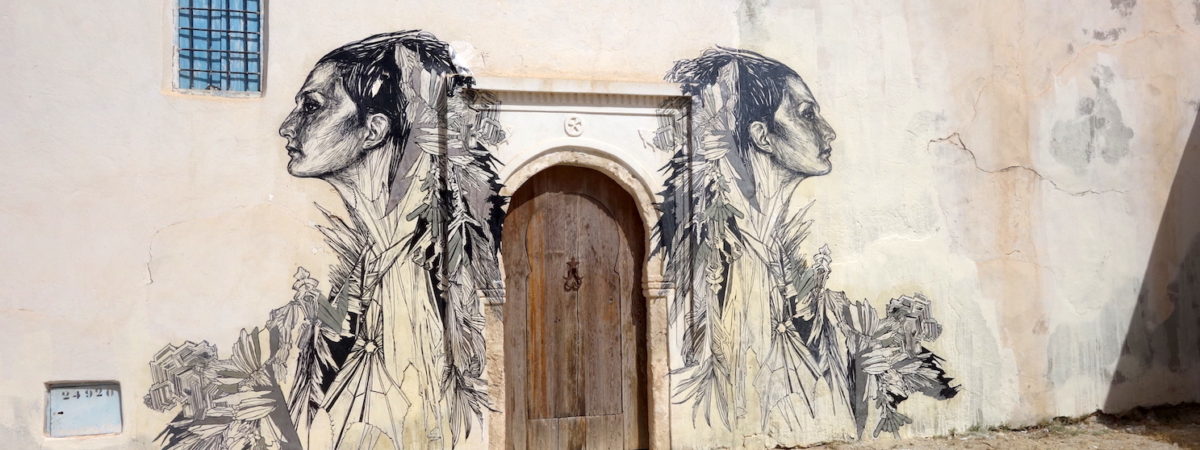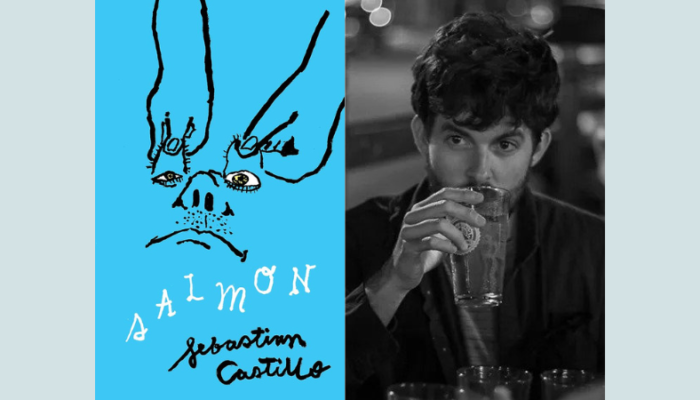At Least We Called Her That
In the night wind she wakes to scratching limbs. What’s this slapping around? Impatient trees? Well pipe down will you. She has a low tolerance for noise. The next morning, worms make easy pickings for the plunging necks of birds. Boys and girls on momma’s stoop. Little clever things sitting still. Their dogs leave bugs, not fleas. No garden harvest, no yard to speak of. Weed-choked drive and tall, untended grass. Cake uneaten, the calendar a whole month unturned. Havisham in red velvet slippers, otherwise bare. The town denounced her. A dozen deep-freeze shoulders. The world would not sell her bread if she ate it. When she stitched patterns on cloth they went unpurchased. No nighttime visitors, no daylight companions. Black book numbers dialed at random. Some numbers known by heart, but Ma doesn’t recall anyone by “that” name. Abrupt hang-ups, tongue lashings. She remembers “You would’ve been such a pretty girl.” Compliments paid to another world. Tell her what she can’t have and she wants it. But that’s not all. She always knew. The house outside, after the digit fell, was always number six. The windows, curtained. The lights on in day as in night. The garage possessed a sporty thing to be driven the town over for supplies. She wore her father’s bomber jacket on such occasions. He was dead for better. This way, her love, untarnished. Her ma, a prickly bitch beyond repair. Her bedroom, a cache of early-borrowed makeup. She could’ve been a ball player, but lacked that ambition. The whole world more focused on what’s between your legs than what’s in your heart. She made trips to towns outside her own for liters of gin and celery stalks, which she ate slow, and baguettes she left for birds who never came and squirrels who did. Lines defined slowly but without ill-effect. Her house, a capsule. No one called but sometimes they picked up and that was enough. A dozen women kept her from their own. They became the keepers of many absent courtesies. But it bore little consequence. She was the important thing.




